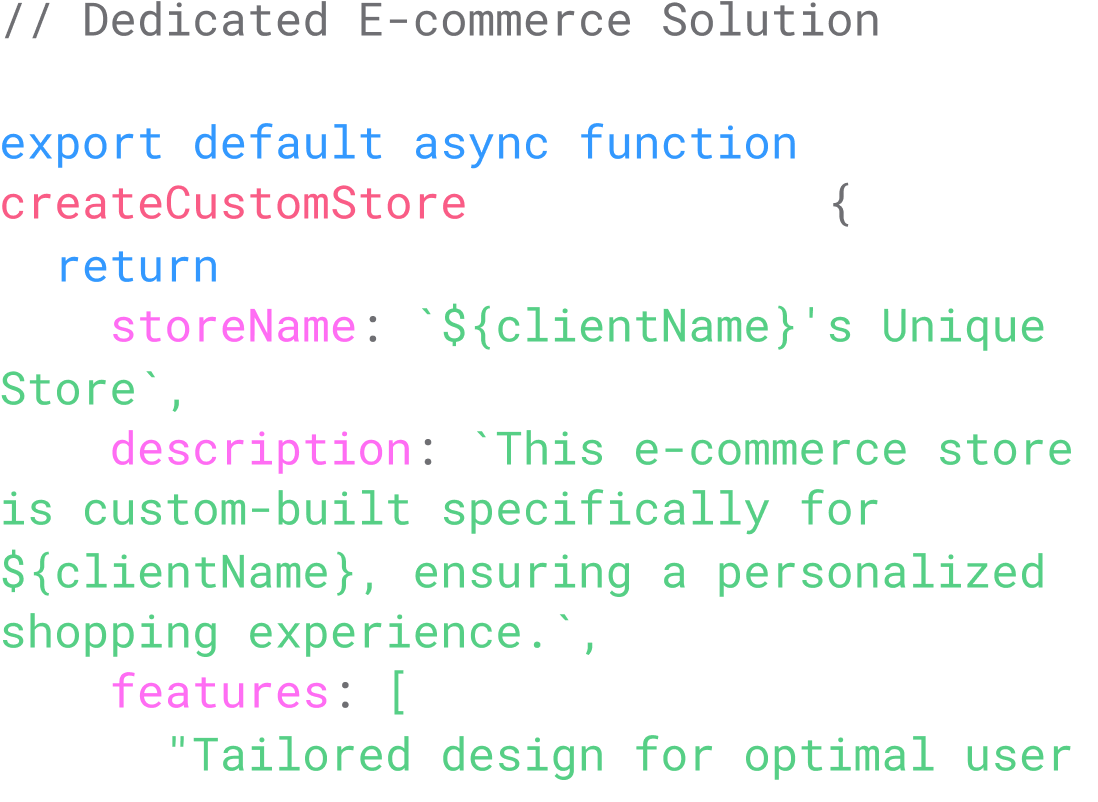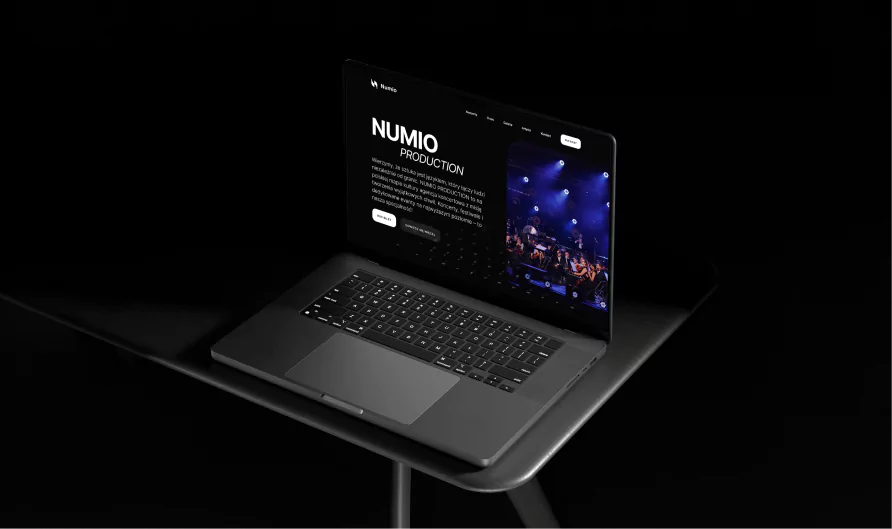
See exactly what we do
Our Services
Why Us?
We deliver solutions that redefine possibilities and position your brand a step ahead of the market.
Everything You Need - We Provide a Full Suite of Solutions
We provide a full set of solutions
UI/UX that Engages and Sells
Our solutions effectively capture attention, encourage staying, and successfully increase conversion.
Dedicated Solutions
To meet all your requirements

Modern Tech Stack Tailored to You
All the technologies you need to make your project run quickly and securely
See what we've already done
Case Studies
We are the experts in this
Our approach to creation
We create websites, platforms, and applications – both mobile and web – that inspire, captivate, and perform flawlessly, perfectly tailored to the unique needs of each client.
Our work is a fusion of technological precision and artistic passion, and our pursuit of perfection drives us to continuously push beyond our limits.
Outofplace is not just an ordinary venture – it is the result of our determination, passion, and continuous growth. We believe that youth is not a barrier but a driving force for innovation. Our achievements are proof that age is just a number, and true value lies in the courage to dream and act.
What others think about us















